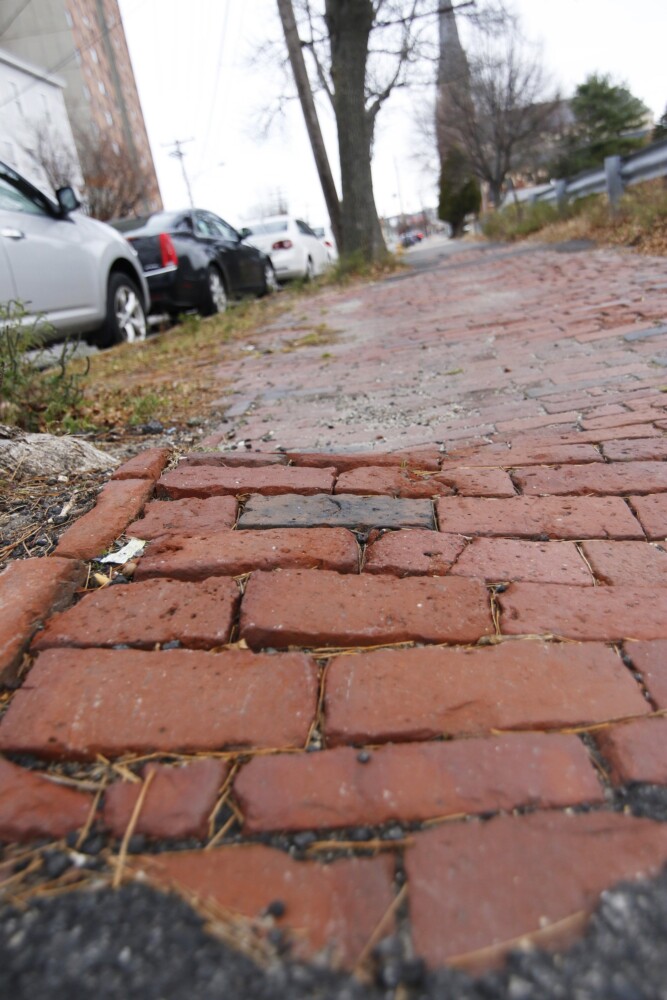
Sundance is great, but I don’t want it in Boulder I have been to the Sundance Film Festival twice. While it was many years ago, I do want to bring up a few thoughts regarding wooing the Festival to Boulder. I understand the economic boon that such a large festival could provide to the city.
Outside of that, please keep in mind the following: Single film tickets at Sundance in 2024 were $30 each, almost twice the cost of a BIFF film. It was difficult to get a ticket to the films I wanted to see without a full festival pass unless you were a Utah resident. (A festival pass for 2024 was $850 with half a festival week pass at $250.

) The crowds and lines are exponentially bigger and longer. While the recent year’s addition of the Century Cinemark Theaters for BIFF has been wonderful, the Sundance crowds are too big to have any one movie there unless the same movie was shown in multiple theaters. Very large venues are necessary because of the attendance.
(In 2023, almost 87,000 attended Sundance. This is close to seven times the number of attendees for BIFF and will certainly be at least that in a couple of years.) Because there are many actors, directors, producers and other production crew attending, the amount of (truly pushy) press with microphones in hand surrounding every venue every day, and an accompanying number of “star gawkers” makes for a very different experience.
Did I have a fun time attending? Yes. Do I want it in Boulder? No. Carol Puchalski, Lafayette Goodbye, tribe, I’m voting for Trump How do you vote? I used to vote with my tribe, without consideration of a candidate’s professional history.
Basically, experience didn’t matter. Only staying in lockstep with my party mattered. Recently I’ve noticed that my old tribe expresses negative knee-jerk reactions to the name Trump.
The adjectives sexist, egotistical and narcissistic, all rising from various mouths, in tones of utter disgust. All of us ignoring facts that those adjectives have nothing to do Trump’s national policies; or Trump’s wisdom to include environmentalist and health advocate Robert F. Kennedy Jr.
in his transition team. With my tribe’s political vocabulary restricted to negative adjectives, how can we become healthy? When Trump’s presidency allows RFK Jr. to begin untangling our government’s enmeshment with huge corporations; our regulatory agencies hereafter will foster a healthy population while putting less emphasis on gargantuan profits.
Billions of corporate dollars cannot restore our health; but, like RFK Jr. says: organic, natural food, regenerated soil, fresh air and First Amendment rights to express our real opinions will. Goodbye Tribe, I’m voting for Trump.
Angela Green, Boulder RTD commuter rail proposal is a waste of money In the Aug. 28 paper, we see that RTD is proposing a commuter rail from Longmont to Denver that will route through Boulder and use the existing railroad owned by BNSF. Unlike the commuter rail service in downtown Denver that uses dedicated tracks, the proposal for Longmont will conflict with the usage of BNSF freight trains.
You need look no further than Amtrak to see why this will not serve Longmont. Amtrak also uses privately owned railroads, and it is consistently delayed by freight trains which take priority. If we want good, on-time service, we need dedicated tracks, just like Denver has for its local commuter rail system.
Europe’s rail system is famous for its reliability and punctuality; it is a publicly-owned system that does not share its rails with private freight (the French TVG system can achieve speeds of 150 mph). The current proposal will be a waste of our tax dollars and another example of putting the free market ahead of a common public good. Michael McNeil, Mead.














